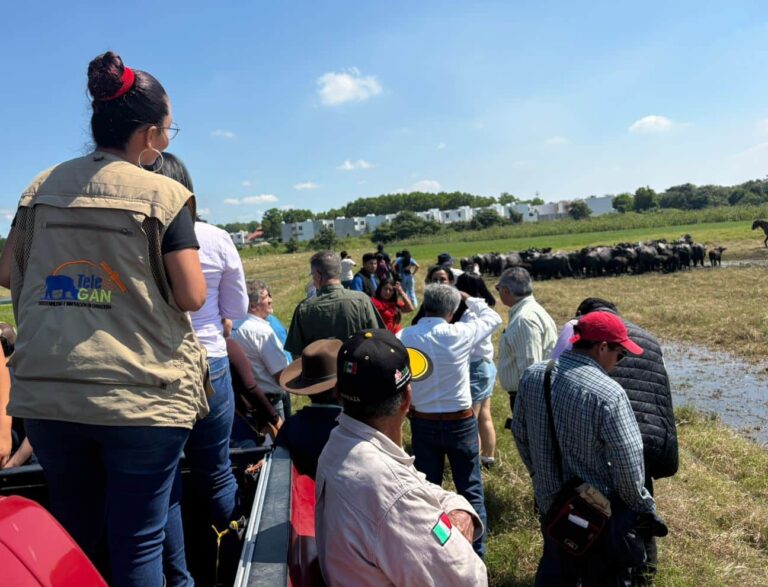Researchers and producers in the cocoa industries of Peru, Trinidad and Tobago and St. Lucia shared production and trade experiences, including approaches to reduce cadmium levels in this product.
Port of Spain, Trinidad and Tobago, 6 June 2019 (IICA). IICA is assisting institutions from the cocoa industries of Peru and Trinidad and Tobago to adopt measures to reduce cadmium levels on cocoa plantations and to improve the quality of the product.

The Delegation of the Inter-American Institute for Cooperation on Agriculture (IICA) in this Caribbean country arranged for Tommy Fairlie, Technical Director of Peru’s Cacao Seguro Project, to visit the country, as part of a South-South cooperation initiative supported by TechnoServe Peru.
During the five- day visit participants examined approaches to reduce cadmium levels in Trinidadian cocoa, shared Peruvian success stories in cocoa bean production and trade, and visited the International Cocoa Genebank and research plots of the Ministry of Agriculture, Land and Fisheries.
Fairlie maintained that, “There is great room for collaboration between both countries, particularly as it relates to the productivity of agricultural holdings and the development of artisanal chocolate.”
Specialists from the Cocoa Research Center (CRC), the University of the West Indies (UWI) and other Trinidadian agencies have contributed to CRC’s progress in reducing cadmium levels in the product in Trinidad and Tobago and in San Martín, Peru. TechnoServe has operations in San Martín.
Cadmium is toxic to humans and plays no role in metabolic functioning. It may produce long-term negative effects on organs and bones. It is found in the soil and is therefore absorbed by crops like the cocoa plant and then ingested by those who consume the product.
Controlling cadmium levels is critical to sustaining and improving socio-economic conditions throughout the value chains of the fine and flavor chocolate industries of Trinidad and Tobago, St. Lucia and Jamaica.
The collaborative effort between TechnoServe, CRC and UWI was headed by Kurt Manrique, Specialist in Agricultural Innovation at the IICA Trinidad and Tobago Office. He has played a pivotal role in South-South cooperation in various initiatives to improve the productivity of Caribbean agriculture.
The Peruvian specialists also held discussions with representatives from the Cocoa Development Company and Trinidadian chocolate-makers to learn from each other and to share experiences.
Stakeholders from St. Lucia were also invited to observe the functioning of the Multi-actor Discussion Platform, which was developed by IICA in Trinidad and Tobago.
Gregg Rawlins, IICA Representative in that country, indicated that the platform provides an opportunity to collectively and transparently develop an industry that has great potential for growth in Trinidad and Tobago and the rest of the region.
TechnoServe has vast experience in cocoa cultivation in Peru, where it provides support to 20,000 producers to improve productivity and market access.
About IICA
IICA is the specialized agency for agriculture in the Inter-American system, with a mission to encourage, promote and support its 34 Member States in their efforts to achieve agricultural development and rural well-being through international technical cooperation of excellence.
More information:
Kurt Manrique, Specialist in Agricultural Innovation, IICA Trinidad and Tobago











